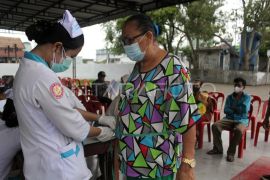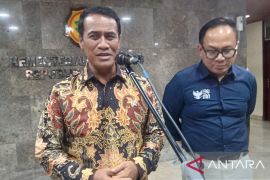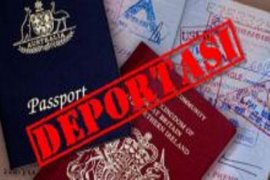"It is fundamental that the population, above all the young and future generations know our past, how many people were jailed, tortured and died," she said.
"The truth about our past is fundamental so that these acts which tarnished our history do not happen again," she added.
The president also promulgated a law lifting indefinite secrecy for public records and mandating their publication after a maximum of 50 years, another historic step to investigate crimes committed during the military dictatorship (1964-1985).
"Secrecy will never again be used to hide abuse of human rights," Rousseff said to loud applause during an official ceremony.
The truth commission is meant to investigate issues including politically motivated abductions in the Cold War-era, rights abuses and murders over a time span longer than the dictatorship -- 1946-1988.
It does not however lift an amnesty for those who carried out the repression, in effect since 1979, and upheld last year by the Supreme Court.
Brazil has acknowledged 400 abductions and presumed deaths during the dictatorship.
Other countries in southern South America which had right-wing dictatorships and political abuses and killings during the 1960s-80s -- Argentina, Paraguay, Uruguay and Chile -- have put some of the perpetrators of the era on trial.
Brazil, however, has not.
Relatives of victims of the Brazilian dictatorship have complained that the two laws fall short of steps taken in other Latin American countries.
"In Argentina, there have been thousands of trials, in Uruguay the amnesty law has been revised. Brazil is far behind. We don`t have hope. We don`t believe that these laws will shed light on the abuses," said Vitoria Grabois, head of the organization Torture Never Again, whose father, husband and brother were victims of the military regime.
Last year, the Inter-American Court of Human Rights slammed Brazil for past abuses of human rights and dismissed the 1979 amnesty laws as without legal validity.
The court deemed the amnesty laws that had previously protected the military by impeding prosecutions of human rights violations to be incompatible with the Inter-American Declaration of Human Rights. (*)
Editor: Kunto Wibisono
Copyright © ANTARA 2011










